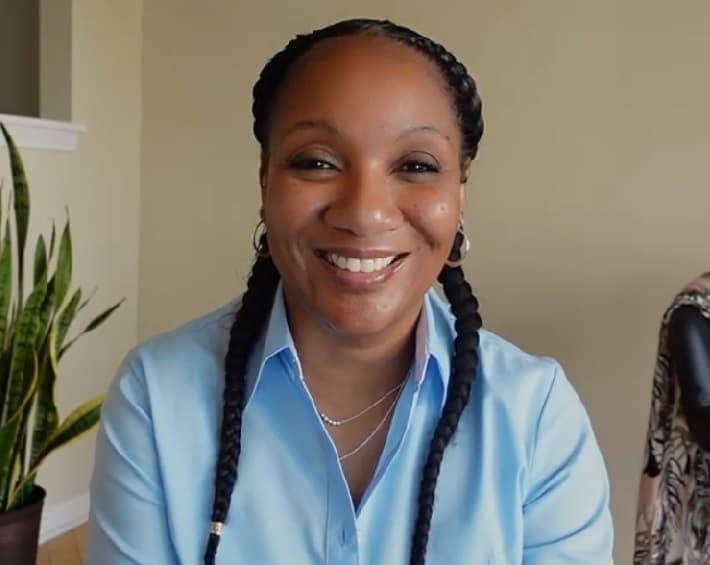Common Sexual Health Problems and Who Can Help

Talking with your partner openly and honestly can help prevent frustration.
Sexual health and intimacy are important parts of a person’s well-being. They are closely linked to how you see yourself and relate to others. It can be challenging after cancer treatment to face sexual health concerns, even if you’ve been with your partner for years. But talking about your concerns openly and honestly—letting your partner know what you’re going through and understanding how they feel—may help prevent frustration and confusion.
Common Concerns and Challenges
- Worrying about intimacy after treatment.
- Struggling with body image after treatment.
- Fearing that having sex will hurt, that you won’t be able to perform, or that your partner will find you less attractive.
- Not being able to have sex as you did before. Some cancer treatments cause changes in sex organs that can also affect your sex life. This can include not being able to get or keep an erection, pain, or loss of sensation.
- Experiencing menopausal symptoms, such as hot flashes, dryness or tightness in the vagina, or other problems that can affect your desire to have sex.
- Concerns about losing the ability to have children. Depending on the type of treatment, your age, and the length of time since treatment, you may still be able to have children. Talk to your doctor or a specialist if you’re concerned about fertility. It’s best to talk to your doctor before treatment begins, since some treatments may affect your ability to have biological children.
If you need help talking about sexual health, intimacy, or fertility, there are resources to help. The first step is talking with your doctor about the changes you’re going through that may be related to your cancer or its treatment. Your doctor can refer you to programs or professionals who specialize in sexual intimacy counseling for people with cancer.
How to Get Help

“While this cancer treatment saved my life, having a total hysterectomy threw me immediately into early menopause. No one ever said that maybe you should talk to your gynecologist to see if there’s something that can be given as a therapy treatment replacement to help you through this,” says Wenora. “Don’t suffer in silence like I did.”
Whether you have concerns about having (or not having) children, physical problems relating to sexual health and intimacy, medication side effects, or your emotional state, professionals can help you.
- Psychologists, clinical social workers, and counselors can help you talk through and process problems you’re struggling with, like stress or body image issues. Professionals who specialize in infertility counseling can also help you with the emotional considerations of various options for building your family.
- Marital counselors are trained specifically to help people strengthen their marriages and partnerships by addressing challenges. Marriage counselors can help start and guide conversations between you and your partner.
- Faith or spiritual counselors can help you cope with concerns such as feeling alone, searching for meaning, and having doubts about your faith.
- Obstetrician-gynecologists (ob-gyns) are doctors who specialize in the female reproductive system and pregnancy. They can answer questions about fertility, birth control, menopause, and reproductive health. Your ob-gyn may refer you to a fertility specialist.
- Fertility specialists (also called reproductive endocrinologists) can determine your ability to have children and offer options for starting or building a family. They evaluate cancer diagnosis, treatment, and possible late side effects of treatment to determine fertility.
- Urologists are doctors who specialize in treating the urinary tract system and male reproductive organs.
- Social workers are trained to counsel you about treatment issues and interpersonal problems related to cancer. They can connect you with resources and services in your area.
- Sex therapists may be able to help you talk openly about your problems, work through your concerns, and come up with new ways to help you and your partner.
If you can’t find a program in your area, look into alternatives to in-person support, such as virtual support groups and therapy by telephone, video, or text.
- The National Cancer Institute’s Self-Image and Sexuality page provides tips on how to cope with body changes and changes in your sex life.
- The National Cancer Institute also offers information about sexual health issues in women and men with cancer.
- The Livestrong Foundation provides information about female and male sexual health after cancer.
- The American Cancer Society’s Fertility and Sexual Side Effects in People with Cancer page provides an overview of how cancer and cancer treatment may affect intimacy and fertility.
- The American Society for Reproductive Medicine provides patient information and resources on infertility.
- The American Society of Clinical Oncology provides information and resources on fertility at Cancer.net.